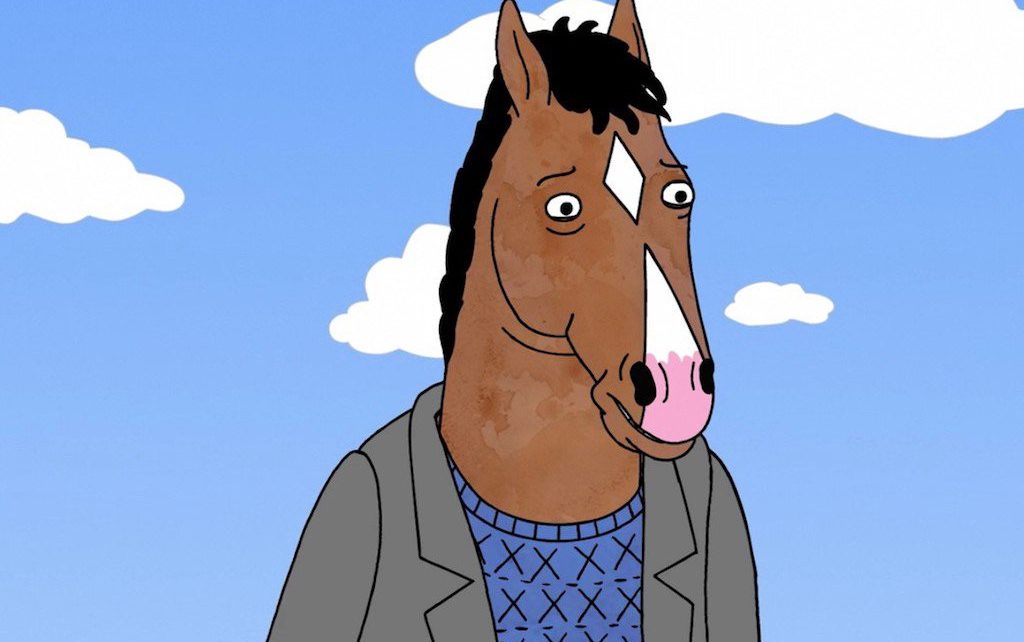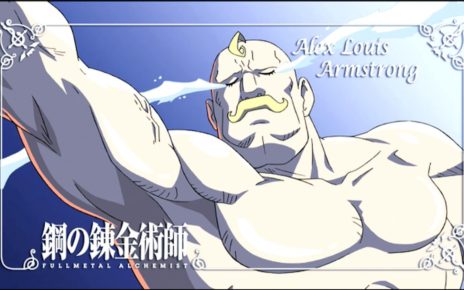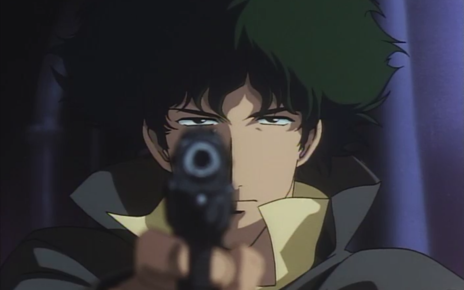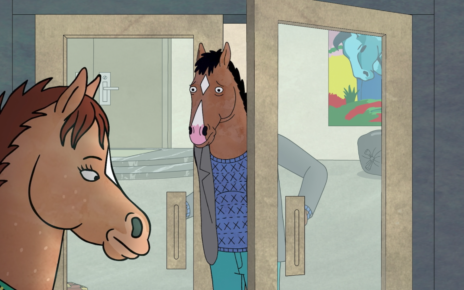
Welcome to What Horse Is He Right Now Dot Com, a collection of stories by The Dot and Line about BoJack Horseman Season 5. Spoilers for Season 5 follow.
In Season 5 of BoJack Horseman, we are finally seeing BoJack as, well, endearing. Despite flaws including his addiction, the way he has continuously abused his friendships, and his overall negative persona, we see him as annoying yet charming, callous yet present and concerned.
Watching this version of BoJack sent chills down my spine.
The person who abused me had similar traits and was difficult to get to know, yet had an infectious charm that, in turn, got him plenty of opportunities on campus.
The blame was automatically on me when it happened, because I was drunk. I remember two hands around my neck — and me, begging. Begging for him to stop, begging to be let go, and begging, even, for forgiveness.
My whole college experience changed in a moment that was completely out of my control. Suddenly, my identity underwent a shift for which I could never be prepared. Everything and anything I was previously known for slowly fell to the side. I never spoke to him again, but I knew that my brave face was a result of refusing to let this be the notable thing to happen to me in my college career.
Being framed by assault — especially in a peak moment in one’s career or life — is a traumatizing and difficult duality to grapple within one’s self, and with how you are able to interact with friends, family, or the public in general. Suddenly, your control of your own voice or narrative is snatched away. Often, the abuser is absolved because they feel guilty and admit fault or remorse. Society forgives them — while still seeing you through the suffocatingly narrow lens of this one harrowing experience.
This is why I don’t feel sorry for BoJack Horseman.
Gina requests BoJack do an interview with her when his assault of her hits the news cycle. When he asks her why she’s doing this, she states simply, “I don’t want you to be the most notable thing that’s ever happened to me.” Gina knows she would be reduced to “being the girl that got strangled by BoJack Horseman.”
I went to class and work the next day as if nothing happened. I took my exams. I didn’t acknowledge the flyers posted around the school for “abuse isn’t love” campaigns as part of a targeted, haphazard attempt on behalf of my alma mater to speak about what happened, without informing me or speaking to me directly about the incident.
Remorse is a prominent theme throughout the season, with BoJack constantly trying to determine whether feeling bad is enough to absolve his actions. “What if I’m just a terrible person?” he continuously laments both before and after the assault. And once again, the focus shifts from the woman who underwent abuse to the man who forced her to make an impossible choice.
I don’t feel sorry for BoJack Horseman because I don’t feel sorry for those that blindly abuse. I don’t feel sorry for anyone who revels in self-pity, thinking that remorse and admitting how wrong their actions absolves them from the atrocity at hand. Feeling guilty for terrible behavior does not equal growth, and conflating the two is a dangerous precedent. But still, society blindly forgives and forgets, continuing to support abusers by giving them jobs and opportunities, especially those who issue haphazard apologies and swear to do better.
I don’t feel sorry for BoJack Horseman because I can’t feel sympathy for someone who doesn’t deserve it. I can’t feel bad for BoJack, who acts with remorse as the optimal excuse, kept in their back pocket to pull out at a moment’s notice when he’s done something deplorable. Self-awareness is a step, but isn’t a solution or an excuse. I refuse to waste my energy and span my willingness all the way to feeling sympathy. I can’t feel pity for a character who drowns in their own guilt before they apply any actionable steps into resolving their own disgusting behavior, the same way I don’t ever have to feel sorry for my own abuser.
Thanks for reading The Dot and Line, where we talk about animation of all kinds. Don’t forget to👏 for this article and follow us on Twitter and Facebook.





